Metabolism

Serine/threonine kinase AMPK upregulates glucose uptake by promoting the expression and function of glucose transporters. AMPK is activated by increased AMP/ATP ratio, resulting from cellular and environmental stress, e.g. low glucose, heat shock, hypoxia and ischemia. AMPK activation positively modulates signaling transductions that refill ATP levels. Moreover, it also stimulates catabolic processes such as fatty acid oxidation and glycolysis through inhibition of ACC and activation of PFK2. AMPK negatively regulates various proteins which are important to ATP-consuming mechanisms, e.g. mTORC2, glycogen synthase, SREBP-1, and TSC2, causing the downregulation/inhibition of gluconeogenesis and glycogen, lipid and protein synthesis.
-
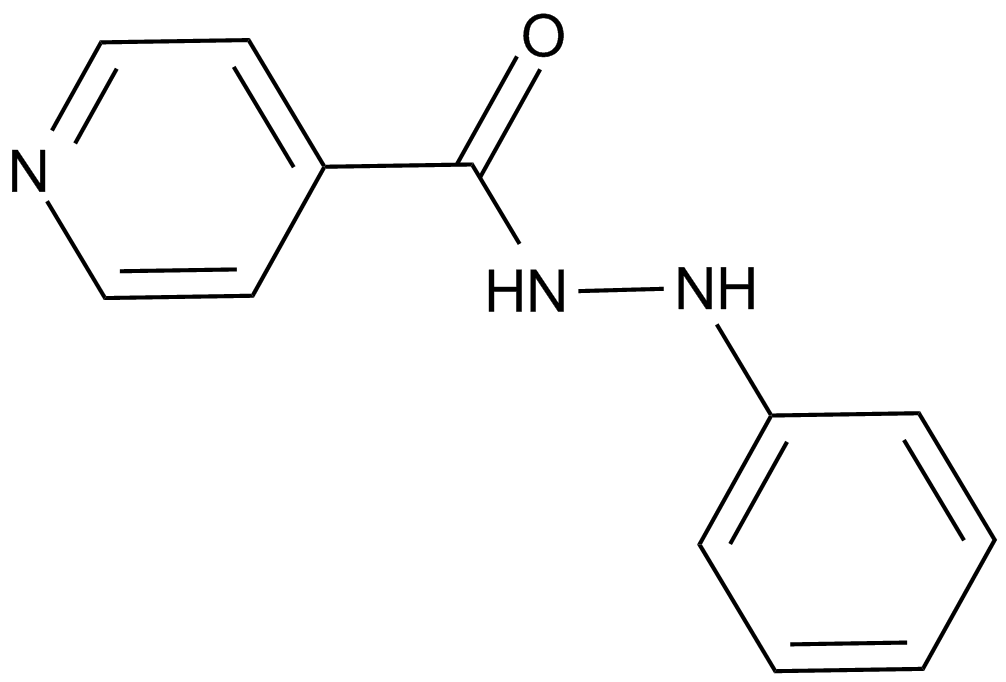 A4351 PluriSIn #1 (NSC 14613)Target: Stearoyl-CoA 9-desaturase (SCD-1)Summary: SCD1 inhibitor
A4351 PluriSIn #1 (NSC 14613)Target: Stearoyl-CoA 9-desaturase (SCD-1)Summary: SCD1 inhibitor -
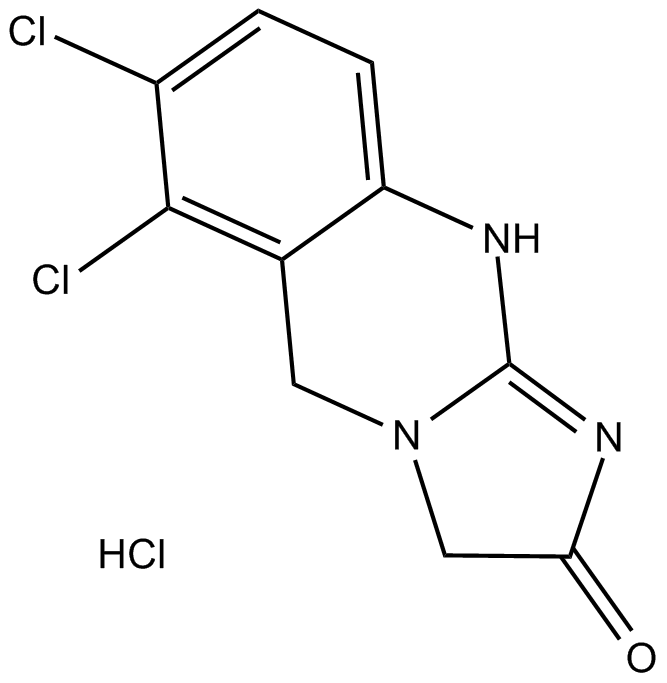 A4352 Anagrelide HClSummary: Thrombocytopenic agent
A4352 Anagrelide HClSummary: Thrombocytopenic agent -
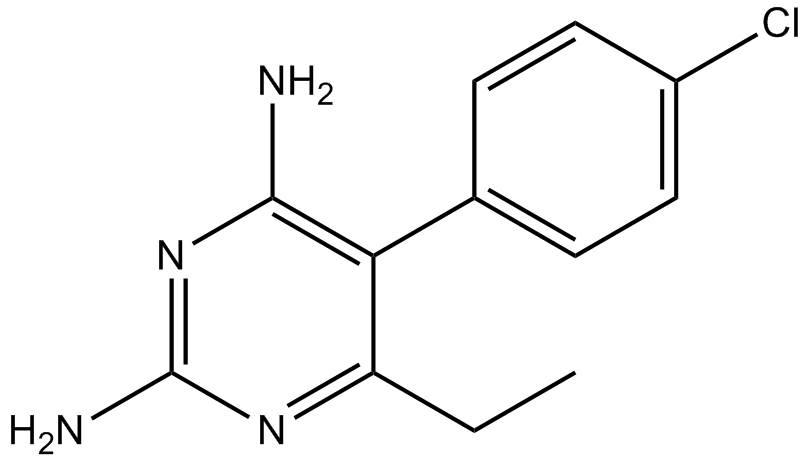 A4353 PyrimethamineSummary: DHFR inhibitor
A4353 PyrimethamineSummary: DHFR inhibitor -
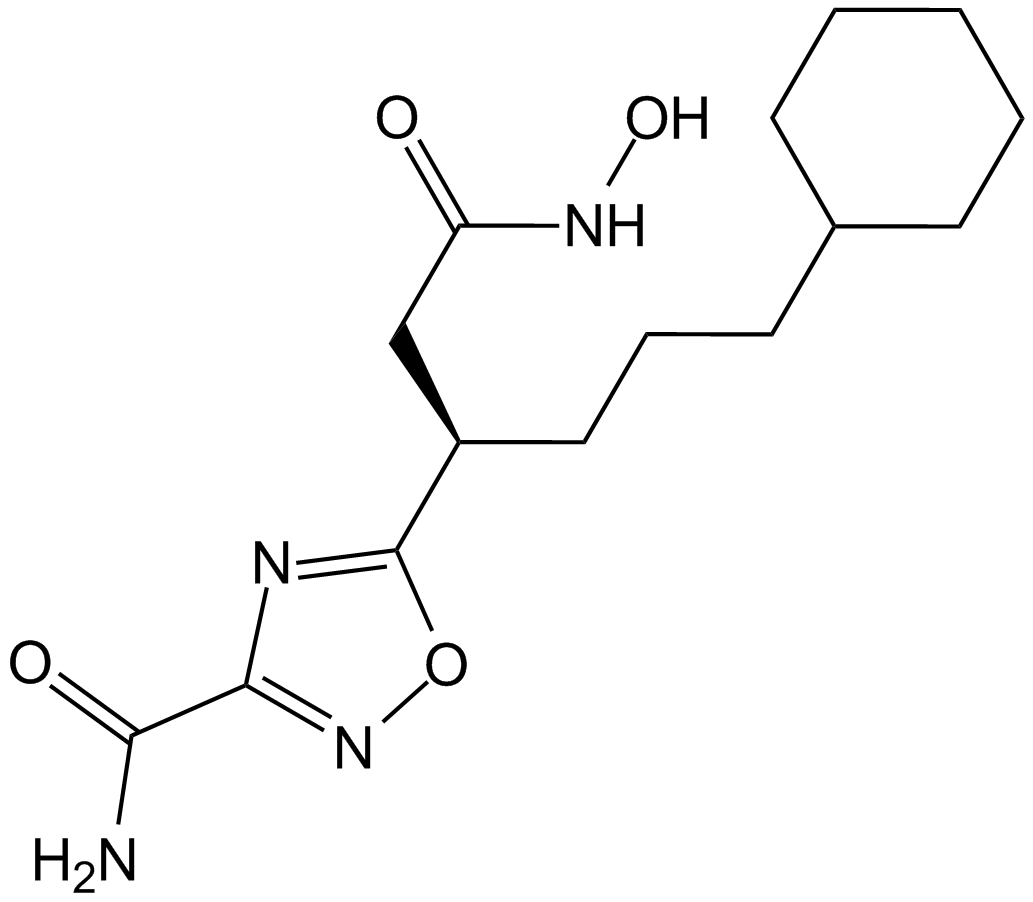 A4354 UK 383367Summary: BMP-1/PCP inhibitor,potent and selective
A4354 UK 383367Summary: BMP-1/PCP inhibitor,potent and selective -
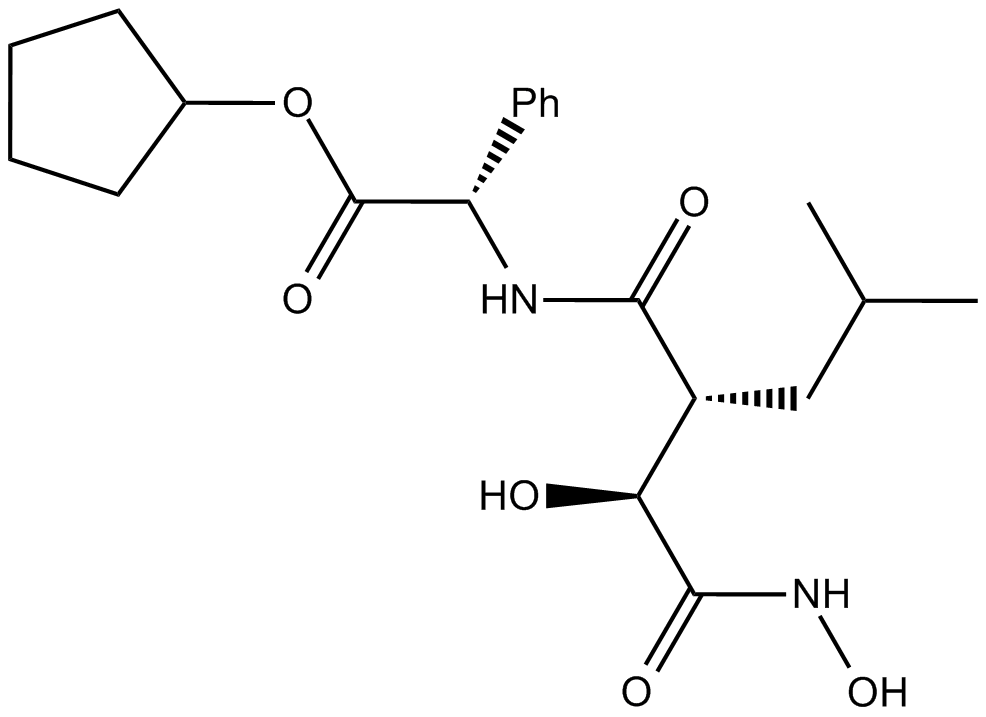 A4355 Tosedostat (CHR2797)1 CitationTarget: AminopeptidasesSummary: Aminopeptidase inhibitor
A4355 Tosedostat (CHR2797)1 CitationTarget: AminopeptidasesSummary: Aminopeptidase inhibitor -
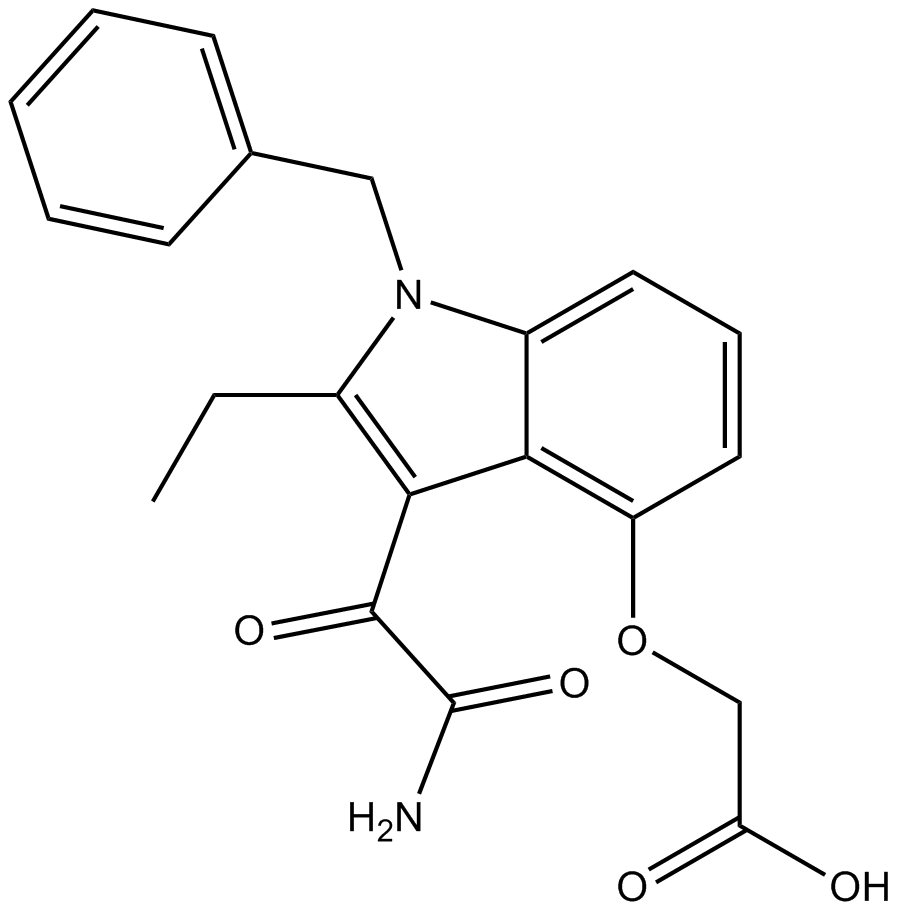 A4356 Varespladib (LY315920)Target: PhospholipasesSummary: HnsPLA inhibitor,potent and selective
A4356 Varespladib (LY315920)Target: PhospholipasesSummary: HnsPLA inhibitor,potent and selective -
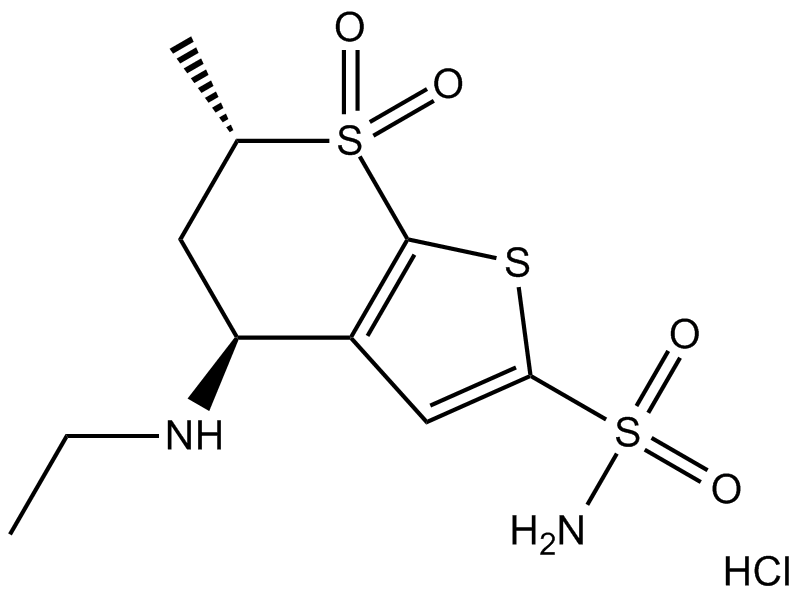 A4357 Dorzolamide HClSummary: Carbonic anhydrase inhibitor
A4357 Dorzolamide HClSummary: Carbonic anhydrase inhibitor -
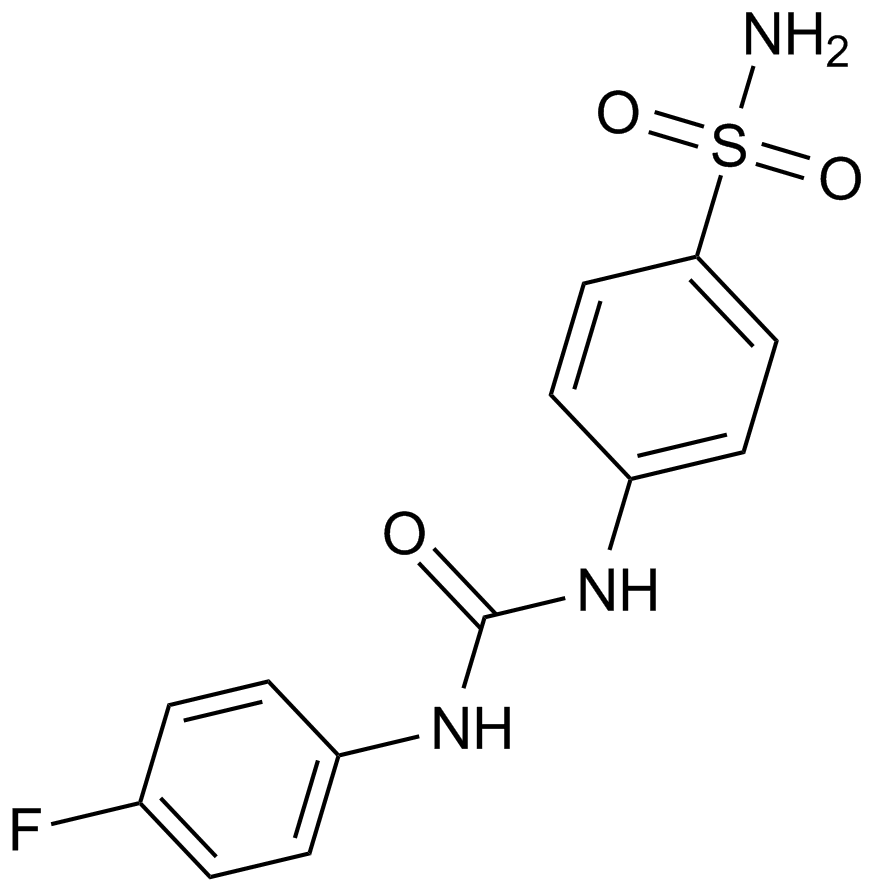 A4358 U-104Target: Carbonic AnhydrasesSummary: CAIX inhibitor
A4358 U-104Target: Carbonic AnhydrasesSummary: CAIX inhibitor -
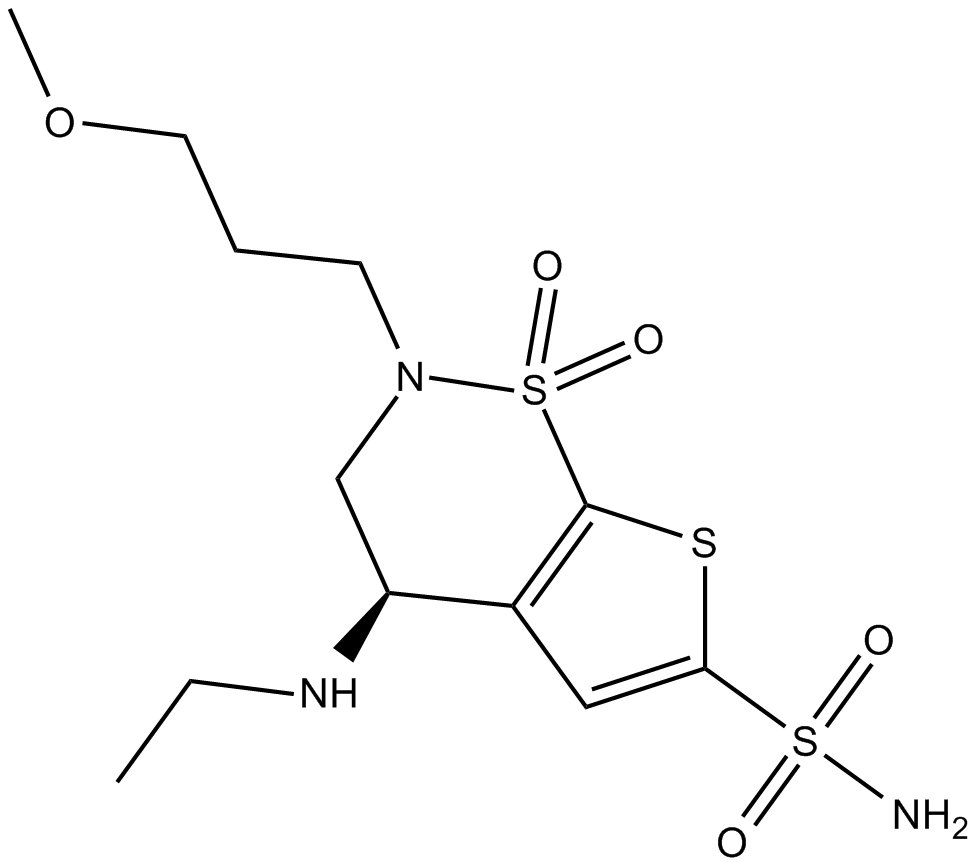 A4359 BrinzolamideSummary: CA II inhibitor
A4359 BrinzolamideSummary: CA II inhibitor -
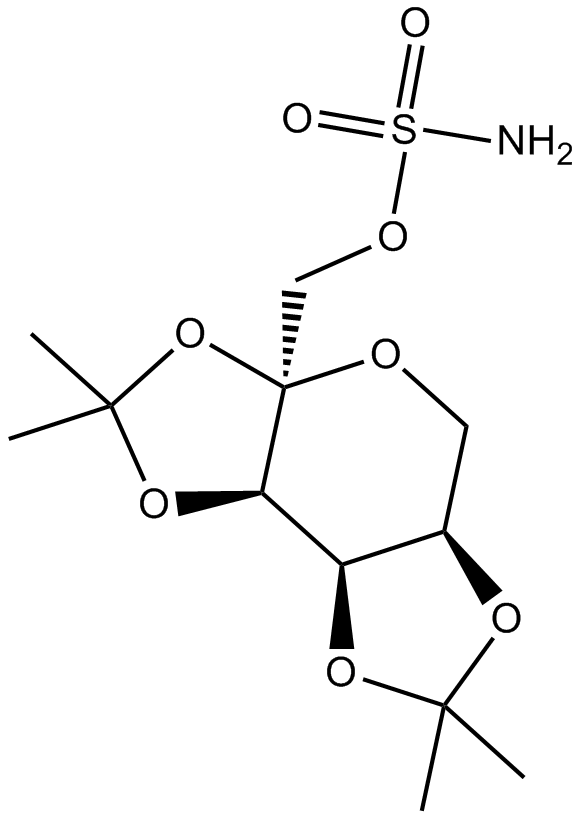 A4360 TopiramateSummary: GluR5 receptor antagonist,anticonvulsant
A4360 TopiramateSummary: GluR5 receptor antagonist,anticonvulsant

